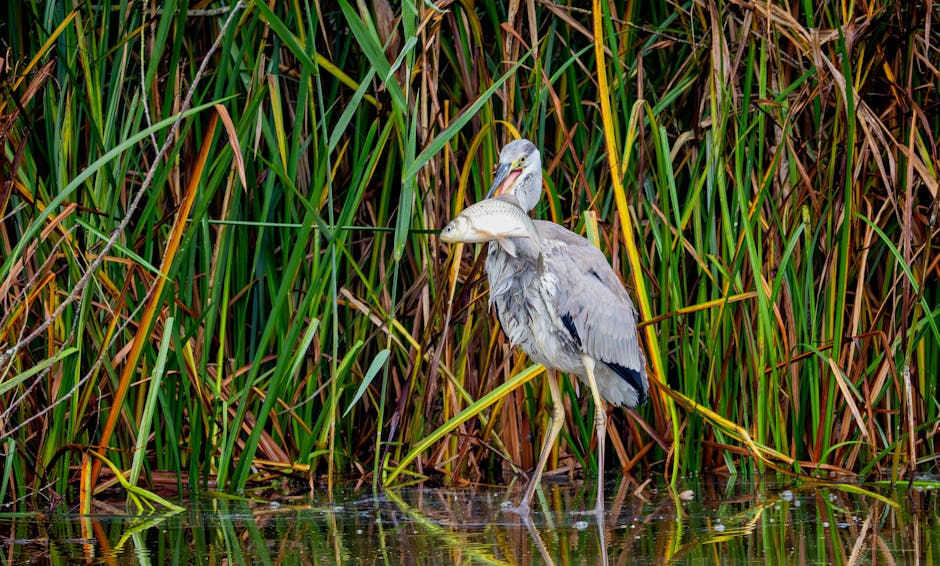Governor-Elect Youngkin Targets U.Va. Governance
Virginia Governor-elect Glenn Youngkin is pushing for greater influence over the University of Virginia (U.Va.), one of the nation’s top public universities. His move has ignited debate about political involvement in academic institutions and U.Va.’s future direction.
Youngkin’s Education Reform Agenda
A Republican set to take office in January, Youngkin campaigned on education reform, criticizing perceived liberal bias in schools. Now, he’s turning his attention to U.Va., signaling potential changes to its leadership and governance.
Sources close to his transition team suggest he may seek new appointments to U.Va.’s Board of Visitors, which controls presidential selection and university policies.
Debate Over Academic Independence vs. State Oversight
Supporters argue state-funded universities should align with elected leaders’ priorities, particularly on tuition costs and curriculum transparency.
Critics, including faculty and students, warn against politicizing U.Va., fearing threats to academic freedom and institutional reputation. One professor anonymously stated, “This risks replacing educational excellence with partisan agendas.”
Historical Conflicts in University Governance
U.Va. has faced governance battles before, notably in 2012 when its Board of Visitors briefly ousted President Teresa Sullivan before reinstating her amid protests. Similar clashes have occurred in states like North Carolina and Wisconsin.
Youngkin’s team dismisses comparisons, framing his approach as “responsible stewardship” of taxpayer-funded education.
Key Issues at Stake
- Tuition affordability: Will state pressure reduce costs?
- Academic freedom: Could board appointments affect curricula?
- Diversity programs: Might initiatives face cuts or scrutiny?
U.Va. President Jim Ryan has yet to comment, but his past collaboration with state leaders suggests cautious engagement.
A National Trend in Higher Education
Youngkin’s move mirrors efforts by GOP governors in Florida and Texas to influence universities, often around cultural issues like critical race theory.
For U.Va., the challenge is balancing state oversight with academic independence. As one alum noted, “Politics shouldn’t define U.Va.—but ignoring governance realities isn’t an option.”
What Comes Next?
All eyes are on Youngkin’s Board of Visitors appointments in 2022, which could reshape U.Va.’s trajectory. The outcome may set a precedent for public universities nationwide.




